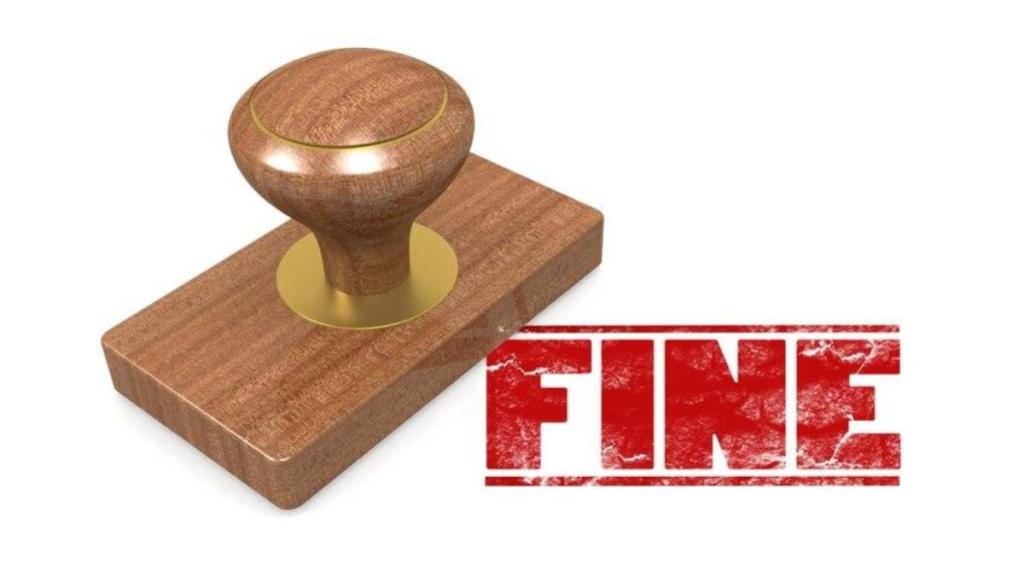In the past week, Air India has been fined around Rs 1.1 crore on two charges — Rs 10 lakh for non-payment of compensation for cancelled flights and Rs 1 crore for operating flights with non-qualified people. The first is almost a common feature in the Indian airline industry. The second, however, is quite scary — the airline operated flights with “non-qualified” pilots, that is, a non-trainer line captain was paired with a non-line-released first officer. In other words, two trainees were commanding a flight with hundreds of unknowing passengers. While fines are expected to instill fear in a company and its employees for wrongdoing, it seems our regulators are happy with imposing penalties that are not even peanuts. Airlines and other companies get away by paying fines that are hardly commensurate with the trouble they cause.
There are other examples too. A few years ago, an insurer was fined just Rs 25 lakh for having a shortfall of motor third-party insurance obligation by over Rs 100 crore, less by around 25% for two consecutive years. Front-running by a fund manager led the Securities and Exchange Board of India (Sebi) to slap a fine of just a few crores. Companies often get away by saying that customers accepted the rules by signing on the dotted line, but one wonders if the regulators aren’t aware of the problems faced, especially by senior citizens, in terms of understanding new-age products. If caught after a gruelling process of approaching the ombudsmen, firms are fined a few lakhs and if the matter is serious, maybe a crore or so. Of course, during cricket matches, there are advertisements with punchlines like “be educated, stay alert”. But actual education will only be possible if the regulator comes up with the exact number of companies fined and the amount for non-compliance and mis-selling. Additionally, the top 1,000 firms should be asked to have a prominent section on their websites where they disclose the fines paid for non-compliance, mis-selling, and other reasons.
But the strongest deterrent must be the amount of fine. The cost of playing with someone’s lifelong savings, that too in a country with no social security, can’t be Rs 10 lakh or Rs 20 lakh — it must be way harsher. Start with at least Rs 2 crore besides sacking the employees who did it. Globally, fines are serious. In fiscal year 2023, the Securities and Exchange Commission filed 784 enforcement actions, obtained orders for nearly $5 billion in financial remedies, and distributed nearly $1 billion to harmed investors. The US Federal Reserve has fined Citi almost half a billion dollars for failing to properly fix its deficient data governance and risk management controls.
In comparison, according to reports, the Reserve Bank of India has fined 64 entities a total of Rs 74 crore in FY24. Sebi’s recovery rate for notices sent out has been less than 2% in the past decade. It has dues of over Rs 76,000 crore. Strong fines are a good deterrent. In the past few years, fines for breaking traffic rules have been increased significantly. Backed with cameras at all critical places in the metros, fines of Rs 2,000 and above for over speeding and steeper ones for other violations has already made most cab drivers, especially the corporate-backed ones like Ola and Uber, very careful. Comply or pay heavily should be the motto; not pay little and prosper.


